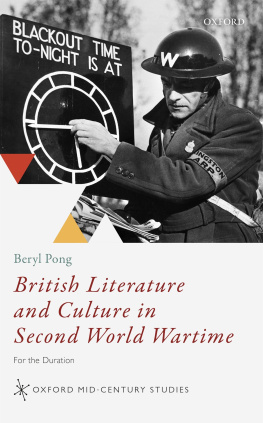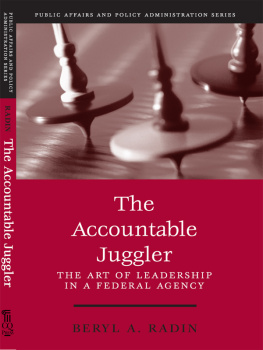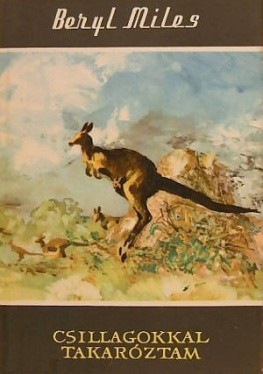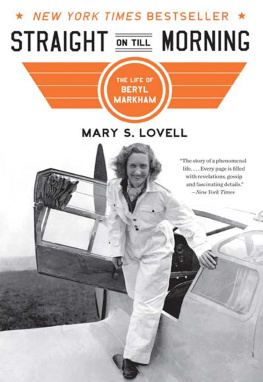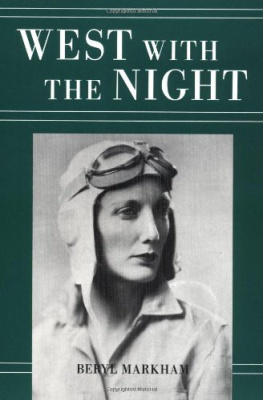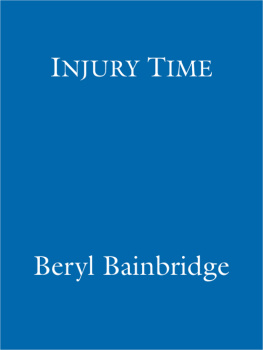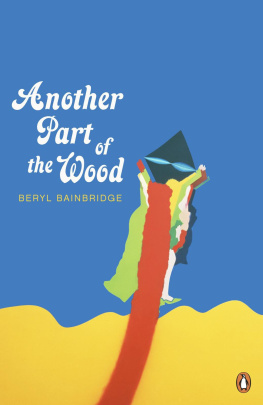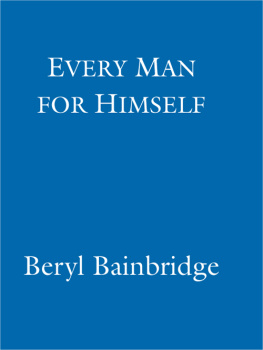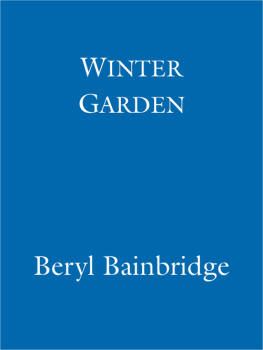Oxford Mid-Century Studies
The Oxford Mid-Century Studies series publishes monographs in several disciplinary and creative areas in order to create a thick description of culture in the thirty-year period around the Second World War. With a focus on the 1930s through the 1960s, the series concentrates on fiction, poetry, film, photography, theatre, as well as art, architecture, design, and other media. The mid-century is an age of shifting groups and movements, from existentialism through abstract expressionism to confessional, serial, electronic, and pop art styles. The series charts such intellectual movements, even as it aids and abets the very best scholarly thinking about the power of art in a world under new techno-political compulsions, whether nuclear-apocalyptic, Cold War-propagandized, transnational, neo-imperial, super-powered, or postcolonial.
Series editors
Allan Hepburn, McGill University
Adam Piette, University of Sheffield
Lyndsey Stonebridge, University of East Anglia

Great Clarendon Street, Oxford, OX2 6DP, United Kingdom
Oxford University Press is a department of the University of Oxford. It furthers the Universitys objective of excellence in research, scholarship, and education by publishing worldwide. Oxford is a registered trade mark of Oxford University Press in the UK and in certain other countries
Beryl Pong 2020
The moral rights of the author have been asserted
First Edition published in 2020
Impression: 1
All rights reserved. No part of this publication may be reproduced, stored in a retrieval system, or transmitted, in any form or by any means, without the prior permission in writing of Oxford University Press, or as expressly permitted by law, by licence or under terms agreed with the appropriate reprographics rights organization. Enquiries concerning reproduction outside the scope of the above should be sent to the Rights Department, Oxford University Press, at the address above
You must not circulate this work in any other form and you must impose this same condition on any acquirer
Published in the United States of America by Oxford University Press
198 Madison Avenue, New York, NY 10016, United States of America
British Library Cataloguing in Publication Data
Data available
Library of Congress Control Number: 2019950331
ISBN 9780198840923
ebook ISBN 9780192577658
Printed and bound by
CPI Group (UK) Ltd, Croydon, CR0 4YY
Links to third party websites are provided by Oxford in good faith and for information only. Oxford disclaims any responsibility for the materials contained in any third party website referenced in this work.
Acknowledgements
I am deeply grateful to Rod Mengham for overseeing this project when it first began as a doctoral dissertation, and for doing so with patience, acuity, generosity, and care. My sincere thanks, also, to Leo Mellor, for many sharp conversations and critiques, and for being a formative presence over the years. Marina MacKay examined my dissertation incisively, and she has been unfailingly supportive from the outset. Warm thanks to Rachel Bower, Adam Budd, Melba Cuddy-Keane, Christian Lloyd, Peter Lowe, James Purdon, Randall Stevenson, David Trotter, and Brigid Ward, all of whom commented on or contributed to various aspects of this work. Paul Saint-Amour was enthusiastic about the project very early on, even before a shared interest in time capsules; I am very fortunate to have had his encouragement and feedback.
I owe an enormous debt of gratitude to Allan Hepburn, Adam Piette, and Lyndsey Stonebridge for taking this book on in the Mid-Century Studies series; for the faith they had in its earlier stages; and for realizing that my topic was chronophobia, before I had a term for it. They pushed the books conceptual scope and level of detail to a place I could not have reached on my own. The anonymous readers at OUP were extremely generous in their reading and analysis; I am grateful for their expertise. I would also like to thank Jacqueline Norton and Aimee Wright at OUP for being extraordinarily patient and helpful in shepherding this work through. My thanks as well to Neil Morris for his careful copy-edits, and to Tanya Izzard for her judicious index.
This book would not have been possible without the support of Murray Edwards College and Jesus College, University of Cambridge. The latter offered me a research fellowship and an intellectual homeas well as a wonderful colleague, Ned Allen. Many of the books revisions were completed at the University of Sheffield, under the auspices of a Vice-Chancellors fellowship and the warm community in the School of English, especially Adam Piette, Katherine Ebury, and Charlotte Steenbrugge. The Social Sciences and Humanities Research Council funded my doctorate at Cambridge as well as my postdoctoral fellowship at the University of Toronto, for which I am deeply appreciative.
Many friends lent their support and encouragement from around the world.

